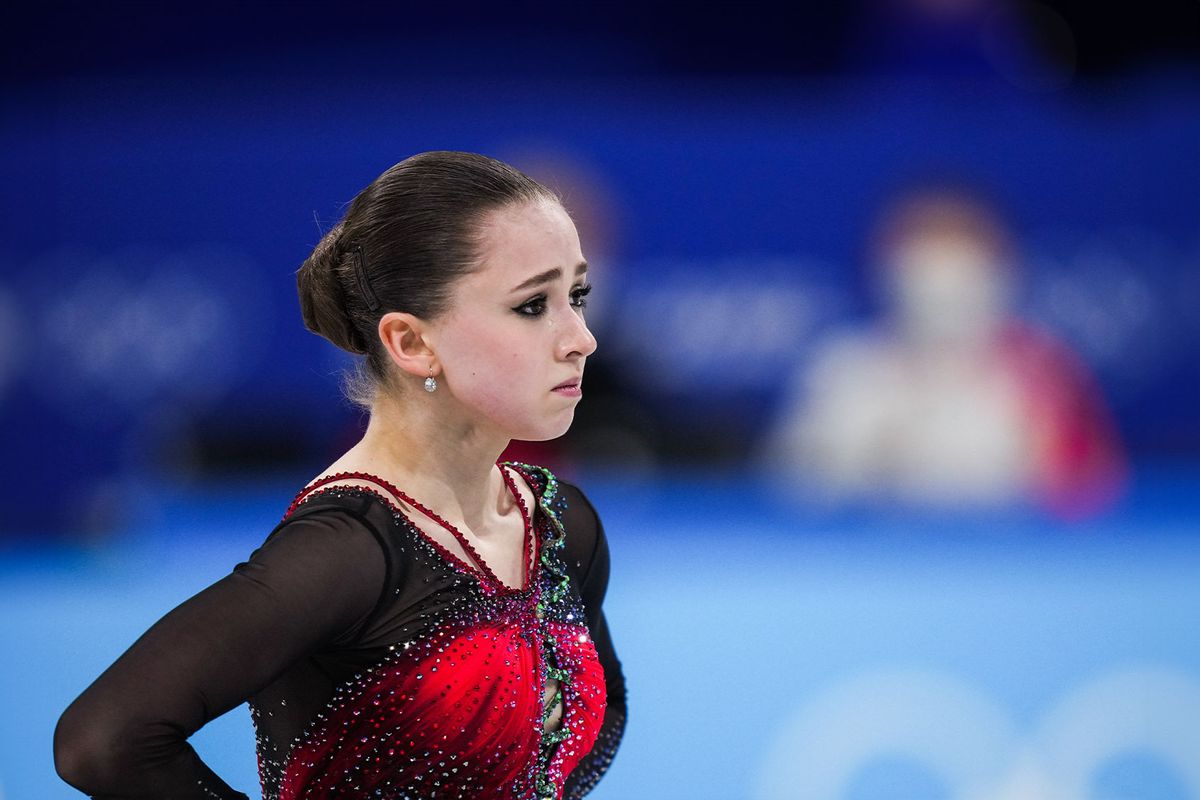Kamila Vaileva, the teenage Russian Olympic figure skater whose positive doping test derailed her 2022 Beijing Winter Olympics, received a four-year ban from competition by the top court in sports.
Switzerland’s Court of Arbitration for Sport (CAS) ruled that Vaileva violated anti-doping rules when she tested positive for a heart medication called trimetazidine, which she claimed she accidentally ingested. The drug has been prohibited by the World Anti-Doping Agency since 2014, CNN reported.
CAS announced Monday that the ban includes “the disqualification (of) all competitive results,” forfeiting “any titles, awards, medals, profits, prizes and appearance money” earned after Valieva's positive doping sample was collected in late 2021.
After Valieva's positive drug test, the then 15-year-old Vaileva was allowed to compete in the Winter Games because of a CAS ruling. But CAS also said there would be no medal ceremony if Valieva finished in the top three standings. For the team's standings in Beijing, Russia finished first ahead of the U.S. and Japan. However, no medals were awarded because of the doping controversy. The decision to have Valieva compete and strip countries of a medal ceremony rocked the sports world, sparking controversy over the inability of international bodies to enforce consequences on doping athletes and countries.
The court's decision to ban Valieva for four years is “final and binding,” but the parties can appeal to the Swiss Federal Tribunal “within 30 days on limited grounds,” it said.
The ban will end right in time for the skater to compete in the next games in Italy in 2026.



Shares